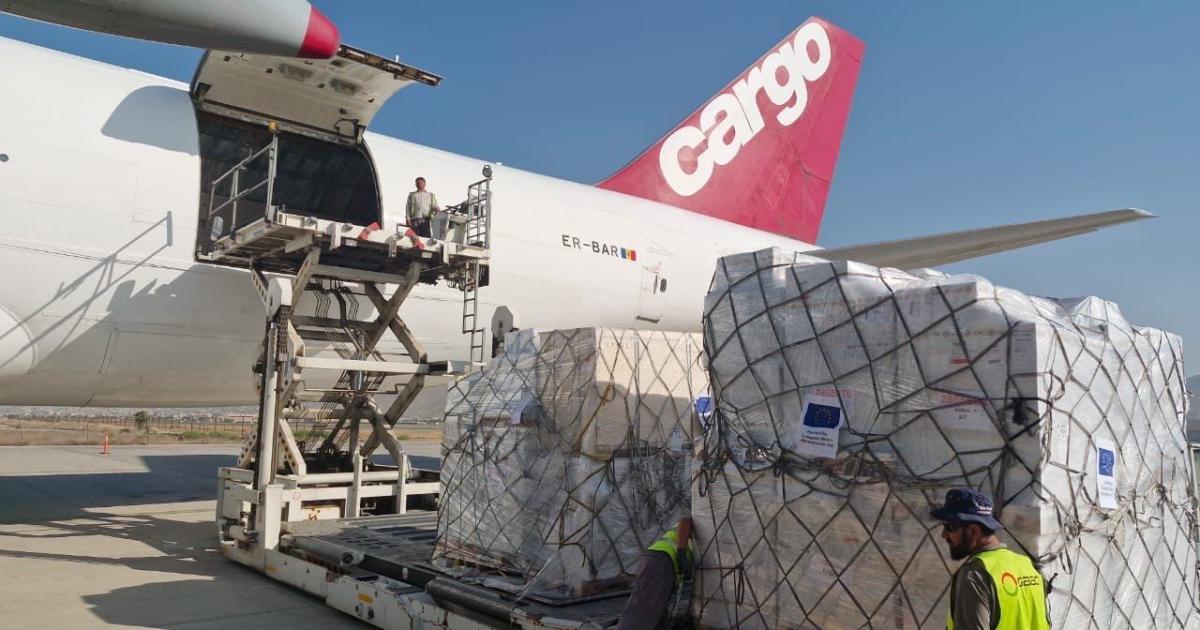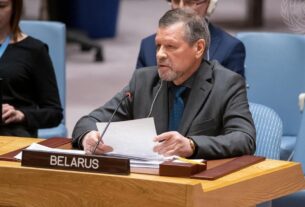As the humanitarian crisis in Afghanistan remains amongst the most severe in the world, the European Commission will provide €161 in humanitarian aid to help the most vulnerable Afghans in the country and in the broader region.
This funding will support humanitarian organisations working inside Afghanistan with over €141 million, while also responding to the needs of Afghan citizens and refugees in Pakistan and Iran, with €10 million allocated per country.
As part of the EU support, a new flight of the EU Humanitarian Air Bridge to Afghanistan is scheduled to arrive on 17 June, bringing nearly 100 tonnes of essential humanitarian supplies. Since the launch of this air bridge in 2021, a total of 40 flights have been arranged, carrying around 2,150 tonnes of relief items.
The new EU funding will include food assistance, healthcare services and treatment for malnutrition, and improved access to clean water and sanitation in remote areas. It will also support the protection of vulnerable groups, including offering legal assistance and safeguarding the rights of at-risk individuals. Education in emergencies will continue to be prioritised, with a particular focus on ensuring access for girls, as well as disaster preparedness measures.
EU humanitarian aid is solely channelled through humanitarian partners working on the ground.
Commissioner for Equality, Preparedness and Crisis Management, Hadja Lahbib, said: ‘As the Afghan people continue to face numerous hardships, both within Afghanistan and in Pakistan and Iran, the EU remains ready to help. Particularly concerning are the needs of the thousands of Afghans that have been recently returned to Afghanistan from neighbouring countries, a situation that is only adding to the population’s suffering. This EU funding will provide much needed aid to the most vulnerable, so they can get food, healthcare, education and other essential services’.
Background
The announcement comes as senior representatives of the humanitarian community gathered in Brussels today to discuss Afghanistan’s current situation, main challenges, and ways forward.
Humanitarian needs remain high in Afghanistan, amidst high poverty rates, consecutive droughts and other natural risks, and forced returns of Afghans from neighbouring countries in the past years. Nearly 24 million people are in need of humanitarian assistance, with almost 15 million suffering from acute food insecurity. Women and girls continue facing restrictions to education and work opportunities.
Against this background, over 8 million Afghans are estimated to be displaced in Pakistan and Iran, making this refugee crisis one of the most protracted in the world. In both countries, Afghans encounter limited livelihood and job opportunities, and they are disproportionately affected by climate-related and other disasters. Since the start of the year, a new increase in deportations of Afghans has been recorded from both Pakistan and Iran.
Since 2021, the EU has provided over €860 million in humanitarian funding for the crisis in Afghanistan.



